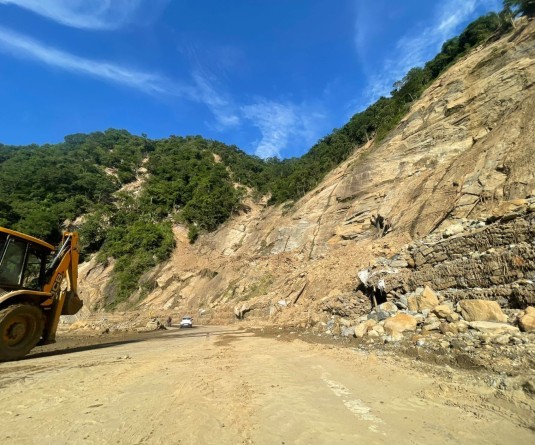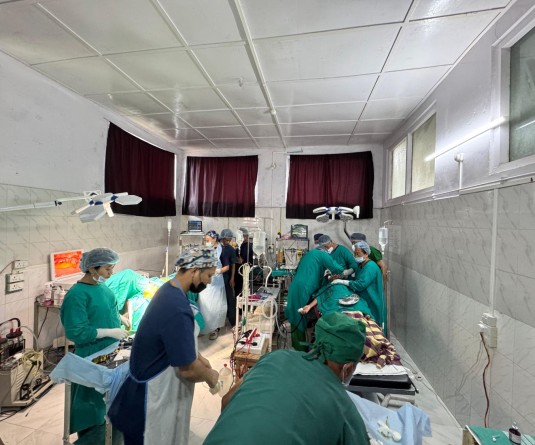1

Pixabay Image,
Atono Tsükrü Kense
Kohima | April 29
With about 10,000 drugs users and more than 1600 Injecting Drug Users (IDUs) registered under the Targeted Intervention (TI) programme in Mon district run by the Nagaland State Aids Control Society (NSACS), the district is battling with another problem owing to the nationwide lockdown due to COVID-19 pandemic.
As reported by The Morung Express on April 4 (see ‘A twin battle for alcoholics and substance users’), these groups of people are going through a challenging time coping with their dependence on alcohol and drugs due to non-availability and suffering severe withdrawal symptoms.
Even though the inter-state and international borders have been sealed, it was reported that drug users are moving around in these areas in search of their daily dose, which put them at risk because of their poor immune systems and health hygiene.
Mon district has become vulnerable as it shares inter-state borders with Assam and Arunachal Pradesh, and an international border with Myanmar.
The Mon User’s Network (MUN) in consultation with the district administration and district partner NGOs have written to the Chief Medical Officer, Mon on April 28, requesting for immediate intervention for the drug and alcohol users.
Speaking to The Morung Express, MUN general secretary, Sashimeren said, “we are seeing this problem in a different angle during this lockdown” as despite the sealing of the borders, drug users and alcohol have been moving around the borders in search of their daily dose posing great risk to themselves and the community.
He maintained that the government should immediately do something to minimise the risk by intervening with programmes like ‘home based intervention, quarantine centre based intervention and inducting the injecting drug users into accessing the OST centre programme.’
These programmes, he viewed will help in mitigating the physical withdrawal symptoms also reduce the movement in the border areas and lowering the risk among the general community. “Although the main border areas are being lockdown by the authorities, people can still sneak into the restricted areas through the jungles” said Sashimeren with grave concern.
When enquired about the availability of harm reduction services in the district, Sashimeren informed there are Opioid Substitution Therapy (OST) at District Hospital Mon, Aboi Town and Tizit, but not in Naginimora and Phomching.
To this end, the MUN has requested the government to extend its support to People Who Inject Drugs (PWIDs) and People Who Use Drugs (PWUDs) by urgently coming up with strategies of intervention for this populace during the lockdown.
Meanwhile, Deputy Commissioner of Mon, Thavaseelan K, citing the porous borders, said that there are few cases where people have managed to cross the borders.
He also informed that for those registered under OST, village councils have been requested to confine the drug users to a confined location and provide OST tablets, wherein those with serious cases of withdrawal symptoms are being moved to Mon Town in quarantine facility for treatment.
DC also expressed his concern on those unregistered under OST stating that “it becomes a big problem, because it doesn’t make sense to put them on actual drugs so they will keep quiet and not crossover.”
“We don’t have a clear cut solution at this point of time for the simple reason that we cannot divert the OST tablets from one centre to another,” Thavaseelan observed.
However, in case of any emergency case that comes up, the drug users have to be referred with the permission of the government and put in OST programmes.



.jpg)
.jpg)

